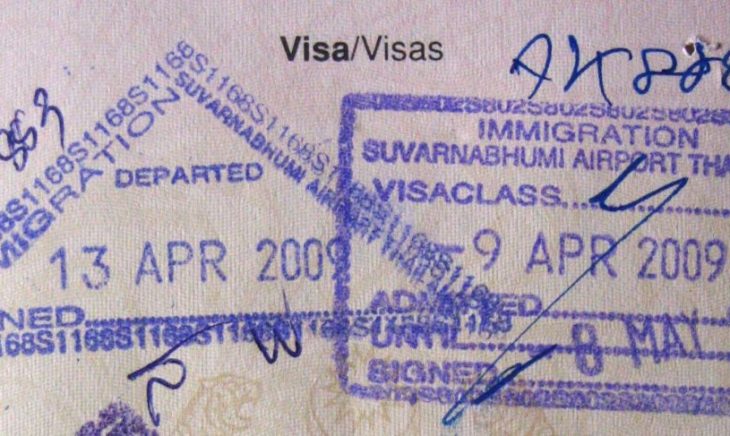If you plan on residing in Thailand for an extended period, becoming a permanent resident may be an option over applying for a visa or annual renewal. Once a year, the Immigration Department begins accepting permanent resident applications, usually from October to December; however, this year (2019), the application window was opened in July.
With Immigration only accepting 100 applications from each nationality annually and professional fees reaching as much as 200,000 baht in addition to costs and government fees, here is some information about permanent residency to help you make an informed choice.
Being a permanent resident has its perks
For any foreigner who has made Thailand their long-term home, becoming a permanent resident makes a lot of sense. Once granted, you will no longer need to worry about Thai visa applications, renewals, and 90-day reports. Permanent residents are also exempt from TM30 reporting requirements.
Furthermore, permanent residents, also known as “PRs”, may find the process for buying a condominium easier with direct access to local bank loans, although a PR still may not own land in Thailand. And while a permanent resident still requires a work permit to be legally employed in Thailand, companies hiring permanent residents do not need to meet the 4:1 local to foreign employee ratios since PRs do not require a separate “B” visa – companies only need to meet the capital requirements.
Becoming a permanent resident is also part of the path to Thai citizenship. While it is possible to obtain Thai citizenship without first obtaining your PR status (for instance if you are already married to a Thai), being a permanent resident eases the process.
Different categories and requirements for Thai permanent residency
Every adult applicant for permanent residency must meet these minimum requirements:
- Living in Thailand for three consecutive years with unbroken non-immigrant visas and contiguous visa renewals up to the date of application;
- Be subject to a criminal background check with Thai and “home country” authorities with no criminal record or outstanding warrants; and
- Be able to understand and speak Thai at a conversational level.
Then, depending on the category the application is being filed under, there are separate requirements for:
- Investment – subject to minimum 10 million baht for three years;
- Working/Business – subject to minimum wage levels;
- Family – subject to having the following relationships with a Thai citizen or an alien who already possesses a permanent residence permit:
- A legal husband or wife;
- A legal father or mother; or
- A minor child (under 20 years of age up to the application submission date and single);
- Experts; or
- Special circumstances determined on a case-by-case basis.
Some of these requirements also include tax and employment histories going back three years as well as confirmation letters from employers and government ministries.
Meeting all the requirements does not guarantee permanent residency will be granted. There is also an interview process with immigration officials to gauge Thai-language abilities and to assess suitability. Unfortunately, this can be a subjective determination, but it remains an instrumental part of the process.
GPS can help you navigate your way to permanent residency
Some may consider the permanent residency application process and fees too cumbersome, but others may find that this process outweighs the other standard visa alternatives, particularly those with businesses in Thailand or Thai family members. If you wish to discuss whether permanent residency is a viable path for you, contact GPS today for a free initial consultation.








